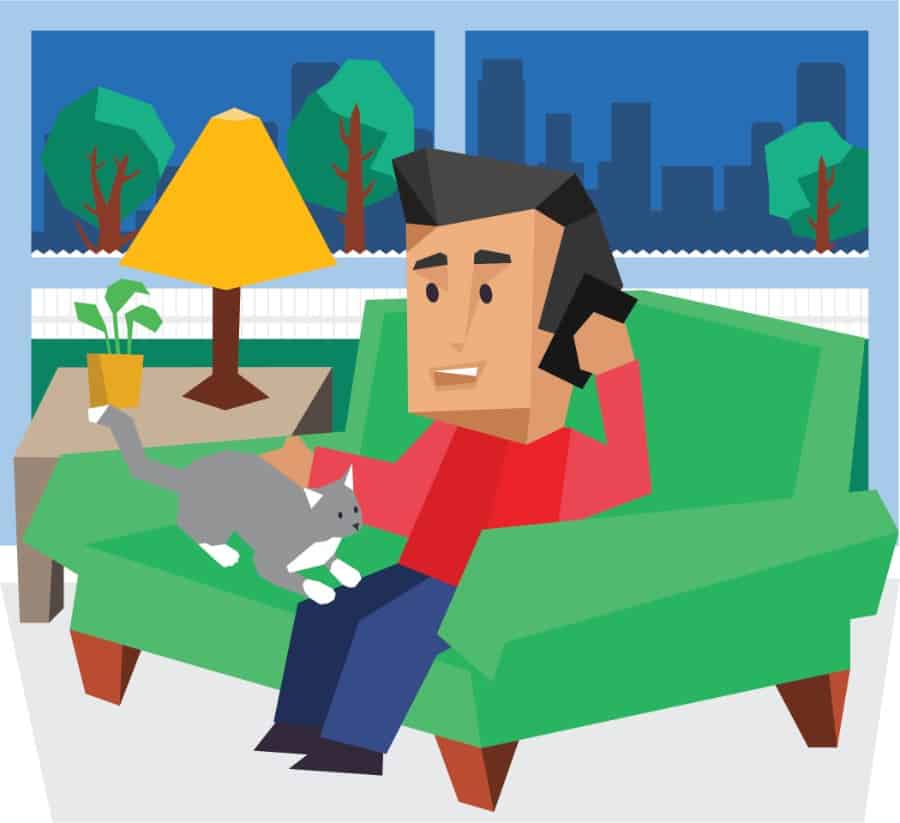Starting a Home Cooking Business in Colorado

Q: I need a license to prepare meals in people’s homes. Can you help?
Thank you to a client from Colorado for that great question! If you love to cook, starting a home cooking business is a great way to share your talent with others and make a sweet profit! Thanks to Colorado’s Cottage Foods Act, you can prepare certain foods in a home kitchen—such as baked goods, jams, and spices—and sell them to customers without a license. However, if you plan to sell foods that are potentially hazardous, such as meat products, sauces, or anything that requires refrigeration, you will need to use an inspected commercial kitchen and get a Colorado Retail Food Establishment License. We’ll explain who needs a license for a home cooking business and how to get one.
What is the Colorado Cottage Foods Act?
The Colorado Cottage Foods Act allows Coloradans to sell non-hazardous foods directly to consumers without needing to get a license or have your kitchen inspected by the Colorado Department of Health and Environment (CDHE). For example, if you’re a great baker and want to sell sourdough loaves to people in your community, you could do this from your home, without getting a business license or renting a commercial kitchen. Here are the foods that are considered cottage foods:
- Pickled fruits and vegetables with a pH of 4.6 or below
- Dry spices
- Dry teas
- Dehydrated produce
- Nuts and seeds
- Honey, jams, jellies, and preserves
- Flour
- Candies, chocolate, and fudge
- Tortillas and similar products that don’t need to be refrigerated
- Baked goods
- Roasted coffee beans
- Butter cream made from vegan ingredients (not real butter)
- Canned fruits
- Freeze-dried produce
- Up to 250 dozen whole eggs per month
While you don’t need a license to sell cottage foods in Colorado, you’re still required to take a food safety course that has been approved by the CDHE.
Learn more about Cottage Food Laws in the US.
Do I need liability insurance as a cottage foods business?
Probably. Even though cottage foods are non-hazardous, there’s always risk involved when selling food, so it’s a good idea to have insurance. If you get sued by a customer, liability insurance covers potential legal fees, medical expenses, settlements, and judgments. Plus, many farmers’ markets require their vendors to have liability insurance.
What foods can’t be sold as cottage foods in Colorado?
Here are the foods that AREN’T considered cottage foods in Colorado and thus can’t be sold without licensing and inspection:
- Foods that require refrigeration for safety
- Any meat or fish products, including jerky
- Baked goods that contain cream, custard, butter cream frosting, etc.
- Homemade beverages
- Pumpkin or sweet potato pie
- Sauces and condiments
- Cut fresh fruits and vegetables
- Fresh pasta
- Flavored oil
- Jams or jellies made with fresh or home-dehydrated peppers
- Conserves
- CBD and THC products
What are the limitations of selling cottage foods in Colorado?
Besides restrictions based on the type of food, there are other restrictions to selling cottage foods in Colorado. Here are the requirements for selling cottage foods:
- Must be a Colorado resident.
- Must be a sole proprietor or a Colorado LLC with no more than two members.
- Must be present to answer questions in person to the consumer.
- Can’t make more than $10,000 in revenue per product.
- Can’t sell at restaurants or grocery stores.
- Must include a label with the product name, producer’s name and address, production date, ingredient list, and disclaimer statement saying the food was produced in a home kitchen.
How do I get a Retail Food Establishment License?
If you want to sell foods other than what is allowed by the Cottage Foods Act, you’ll need a Retail Food Establishment License. First, you’ll need access to a commercial kitchen. Most home cooks rent a commercial kitchen to meet this requirement. To apply for your Retail Food License, you’ll need to send a plan review packet to your local health department, which should include:
- Menu and food handling procedures.
- Floor plan and equipment layout.
- Equipment list, including information about the manufacturer and model number. (Kitchen equipment designed for home use isn’t allowed.)
- Mechanical diagrams for plumbing, lighting, electrical, and ventilation.
- Information about the interior finish, including samples of materials and colors.
If your plan is approved, the health department will contact you to schedule an inspection. Fees will vary depending on your local health agency. For the CDHE, the fee to submit the plan review packet is $100, and the fee for the inspection itself is a maximum of $580. You will also need to pay an annual license fee, which will vary depending on the size of your cooking operation.
Will I need any other licenses?
Yes. If you sell food beyond what is allowed by the Cottage Foods Act, you will need a Colorado Sales Tax License. Depending on the type of food you are selling and in what context, you may need additional licenses as well. For example, if you’re a food manufacturer who imports or exports ingredients out-of-state, you’ll need to register with the Food and Drug Administration (FDA).
Check out our complete guide on How to Start a Business in Colorado.



